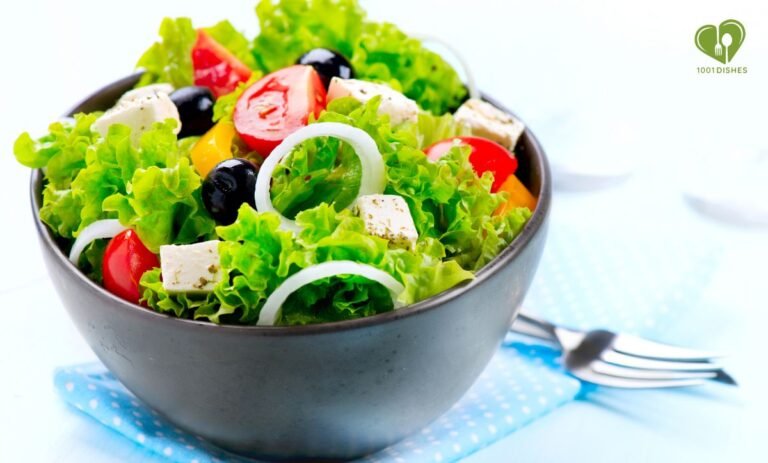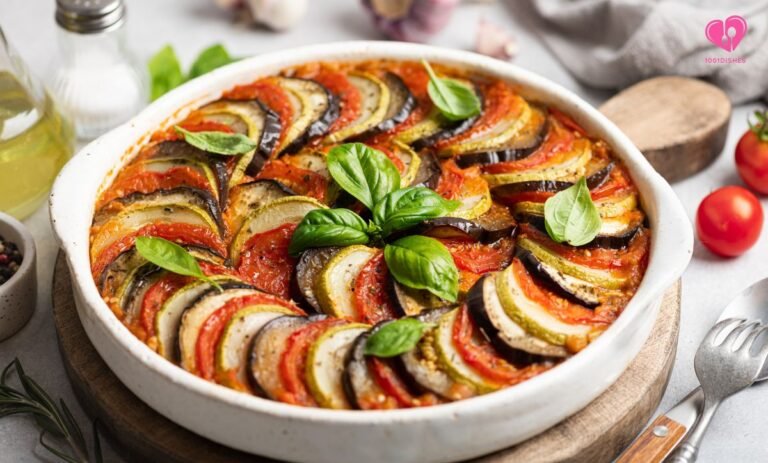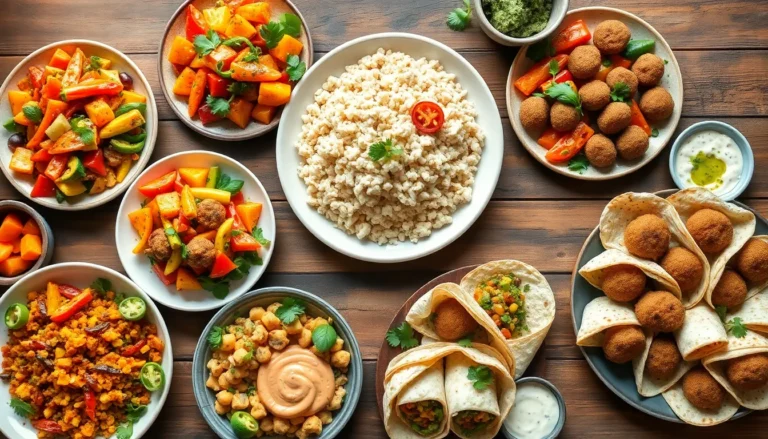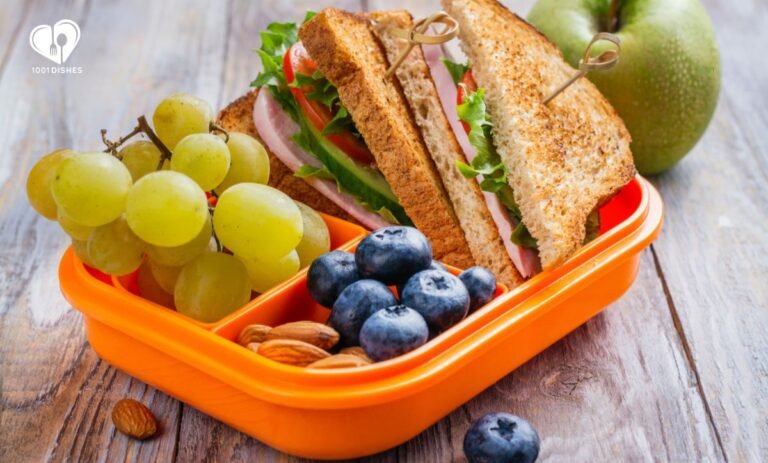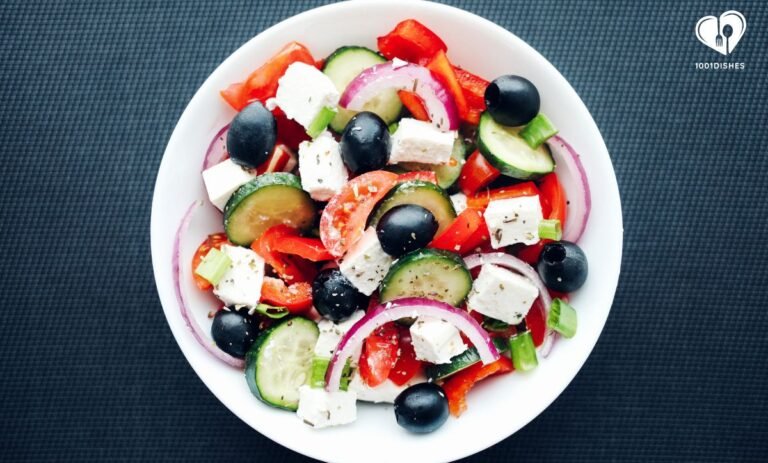How to Store Fruits and Vegetables for Maximum Freshness and Longevity
How to Store Fruits and Vegetables for Maximum Freshness and Longevity 🥕🍎
Proper storage of fruits and vegetables is key to maintaining their freshness and extending their shelf life. By following a few simple tips, you can keep your produce tasting great and reduce food waste. Here’s a guide to help you store your fruits and vegetables effectively.
1. Know the Right Storage Conditions
Different fruits and vegetables have different storage needs. Here’s a quick overview:
- Refrigerate: Store fruits and vegetables that need cooler temperatures, such as berries, leafy greens, carrots, and bell peppers. Use the crisper drawers to maintain humidity.
- Room Temperature: Some fruits and vegetables do best at room temperature, including bananas, avocados, tomatoes, and potatoes. Keep these items in a cool, dry place.
2. Use the Right Storage Containers
Proper containers can help maintain freshness:
- Breathable Bags: Use perforated plastic bags or mesh bags for items like carrots and apples to allow airflow and prevent moisture buildup.
- Glass or Plastic Containers: Store chopped or cut vegetables in airtight containers to keep them fresh longer.
3. Keep Ethylene Producers Separate
Certain fruits, such as apples, bananas, and avocados, produce ethylene gas, which can speed up the ripening of other produce. Keep ethylene-producing fruits away from other fruits and vegetables to prevent premature spoilage.
4. Store Leafy Greens Properly
Leafy greens like spinach and lettuce are best stored in the crisper drawer of your refrigerator. To keep them fresh, place them in a container lined with paper towels to absorb excess moisture.
5. Handle Tomatoes with Care
Tomatoes should be stored at room temperature away from direct sunlight. Refrigeration can affect their flavor and texture, so only refrigerate if they are overripe or cut.
6. Keep Onions and Potatoes in a Dark Place
Store onions and potatoes in a cool, dark place with good ventilation. Avoid storing them together, as onions can release gases that cause potatoes to sprout.
7. Store Fresh Herbs Correctly
Fresh herbs can be stored in the refrigerator or at room temperature depending on their type. For longer freshness, store herbs like parsley and cilantro in a glass of water with a plastic bag covering the top. Change the water regularly.
8. Preserve Overripe Fruits
If you have overripe fruits, consider freezing them for later use. Berries, bananas, and peaches freeze well and can be used in smoothies, baking, or sauces.
9. Avoid Washing Before Storing
Do not wash fruits and vegetables before storing them, as excess moisture can lead to mold and spoilage. Wash produce just before consumption.
10. Regularly Check for Spoiled Items
Inspect your stored produce regularly and remove any spoiled items to prevent them from affecting the freshness of the others.


